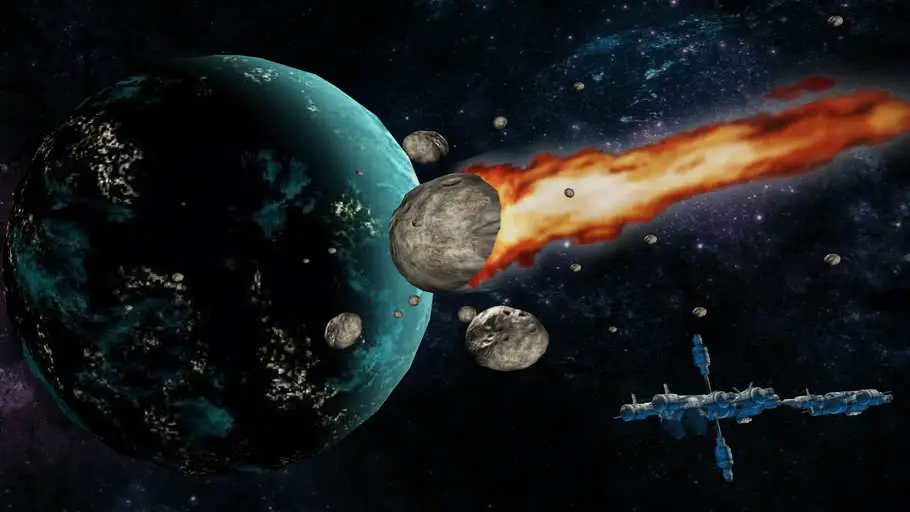In extreme climates, frequent droughts and floods have become a major issue, and water resource management is a pressing problem. To make matters worse, the world’s major lakes, which are crucial sources of water for humans, are rapidly shrinking. Research conducted by a team led by a groundwater expert from the University of Virginia reveals that more than half of the world’s major lakes have experienced shrinking since the 1990s.
From the Caspian Sea, the largest lake in the world, to Lake Titicaca, a renowned South American landmark, major lakes worldwide are rapidly losing water. Over the past 30 years, an average of 22 billion metric tons of water has been lost each year, which is equivalent to the disappearance of Mid Lake, surrounded by 17 Hoover Dams in the United States, annually. The shrinking of lakes is attributed to 56% of global warming and human water consumption, with global warming accounting for a significant proportion.
A research team led by surface water experts at the University of Virginia assessed 2,000 large lakes around the world by using satellite photos and combining climate and hydrological models. Short river flows, siltation, and warmer temperatures accelerate evaporation. Only a quarter of this increase was largely due to human-built dams.
The Aral Sea in Central Asia and the Dead Sea in the Middle East are mainly shrinking due to excessive water consumption by humans. The lakes in Afghanistan, Egypt, and Mongolia are due to rising temperatures, accelerated evaporation, and reduced water volume.
Climatologists used to think that global warming would make wetter places wetter and drier places drier, but research now shows that water resources are dwindling even in wetter and wetter places, which is a serious warning sign.
There are as many as 2 billion people who depend on the water resources of the Great Lakes around the world, and these people will be directly affected by the shrinking of the Great Lakes. The Great Lakeside was originally the area with the most stable water resources, but now it is also in jeopardy.




